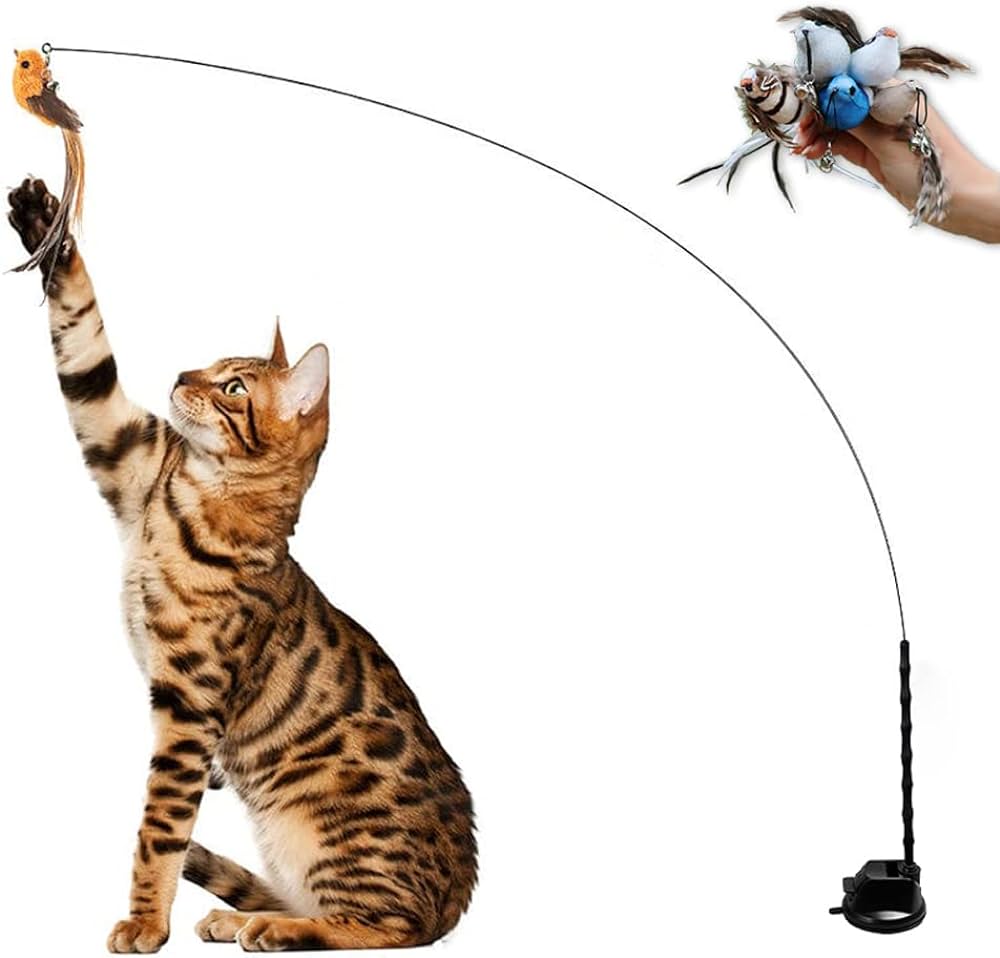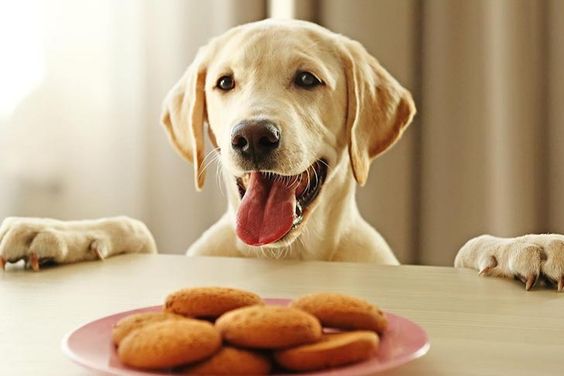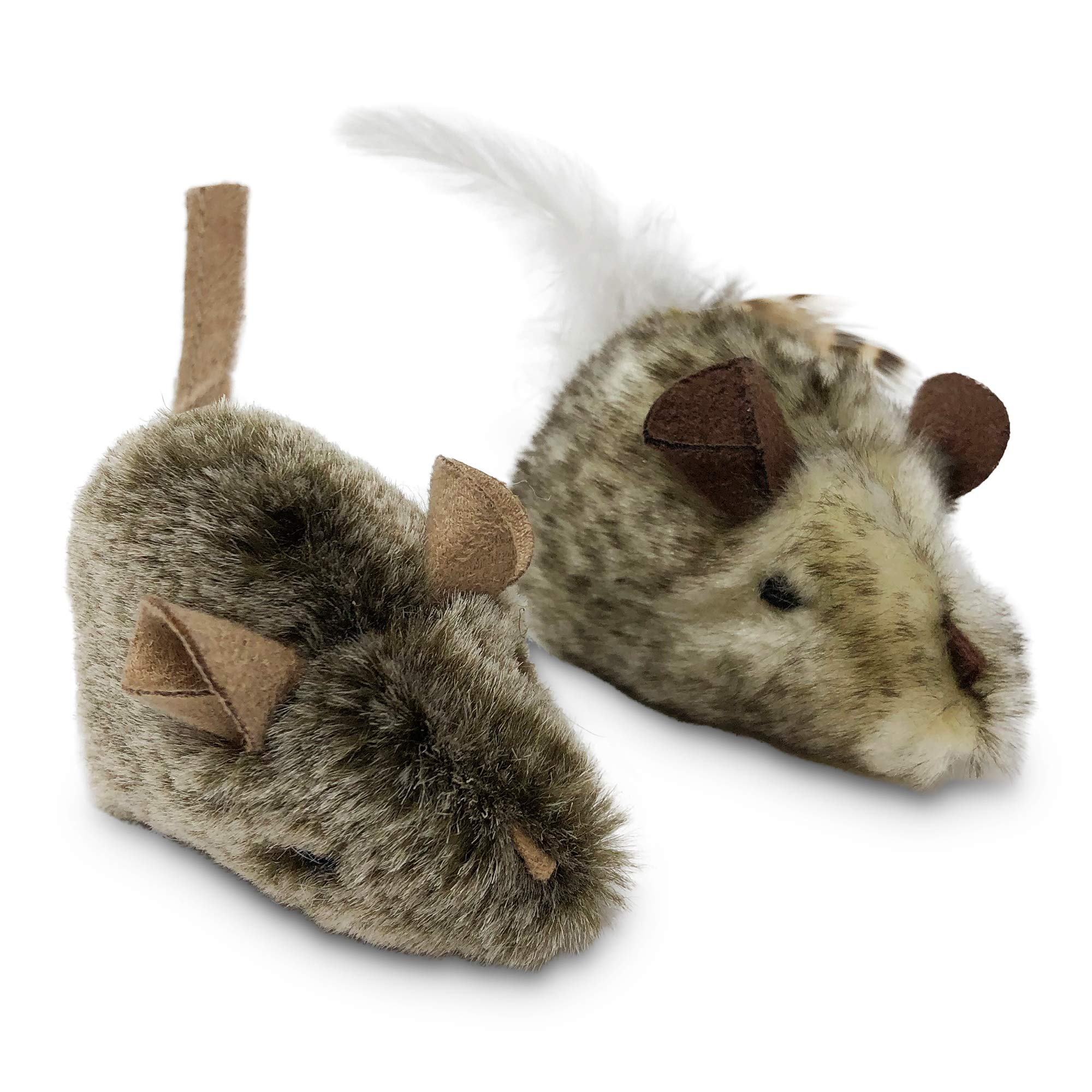For seamless integration into human social environments, dogs must learn manners. While playful pups have their cute moments, a polite pooch is truly welcome everywhere. From no jumping to respecting space, these training tips transform your furry friend into a four-legged master of courtesy.
Curb Jumping Up
Dogs jump when excited to greet, play, or get attention. Redirect this behavior:
Use a house leash – Keep them leashed at first to prevent jumping up and reinforce all four paws stay on the floor.
Reward calm greetings – Give treats and praise only when your dog sits or stands politely. Ignore them if they jump.
Teach an alternative behavior – Train a solid “sit” cue to teach them a preferred greeting.
Avoid inadvertently rewarding – Don’t pet or interact with your dog until they are settled, as this rewards the jump.
Suggest guests ignore – Ask visitors to turn away from jumping up to avoid engaging the behavior.
Use prompts – Place mats or cones where guests will stand so your dog learns these signal a no-jump zone.
With consistency, dogs learn greetings involve restraint and that steadfast human legs offer no fun feedback. Four feet on the floor keeps the focus on you.
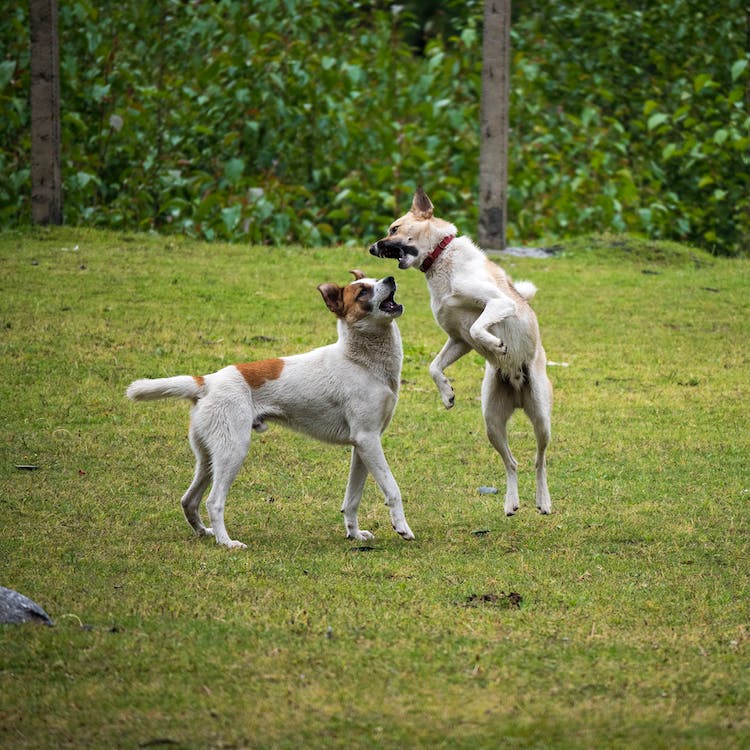
Discourage Begging at the Table
Dogs underfoot eying your every bite leads to stress at mealtime. Curb mealtime mooching with these tips:
No free handouts – Never share directly from your plate or pass tidbits. This encourages nagging.
Separate at mealtime – Use baby gates or crate your dog in another room during meals to avoid opportunity.
Reinforce “go to bed” – Train a cue for your dog to leave the area and lie on their bed contentedly away from your meal.
Settle before meals – Ensure your dog gets adequate outdoor exercise beforehand so they are less restless.
Use distraction toys – Provide a puzzle toy stuffed with your dog’s own kibble or a long-lasting chew only given during human mealtimes.
Correct gently – If your dog breaks position, use “ah-ah” or claps to interrupt begging then redirect to a bed or toy. Avoid yelling or shoving.
Praise non-participation – Verbally compliment and reward your dog for chewing their own items politely out of your way.
Politely yet firmly setting limits transforms moochers into polite pups contentedly occupied nearby. Stick to the plan and soon your dog will seek their own toys when you sit down to eat.
Curb Demand Barking
Attention-seeking bark demands grate on everyone’s nerves. Curb this habit with:
Ignore completely – As tempting as it is, never reward noisy bids by responding to their barking. Not even a glance. Wait for at least 10 seconds of quiet before interacting.
Redirect to obedience cues – Interrupt excessive noise with basic cues like “sit” that shift focus to training mode. Always reward quiet compliance.
Exercise beforehand – A calm dog barks less. Ensure they get adequate outdoor playtime before lengthy inside time.
Meet needs proactively – Hungry or bored dogs make more noise. Schedule meals, potty breaks, play sessions, and chew toys strategically.
Teach speak/quiet – Train your dog cues to “speak” then “quiet” on command so they learn noise control. Heavily reward silence.
Use deterrents – For extremely demanding barkers, use a handheld compressed air canister or shake a can of pennies to startle and deter accompanying barks with a safe negative stimulus.
Your pooch wants your attention but should learn to ask nicely. With patience, you can teach more mannerly communicating.
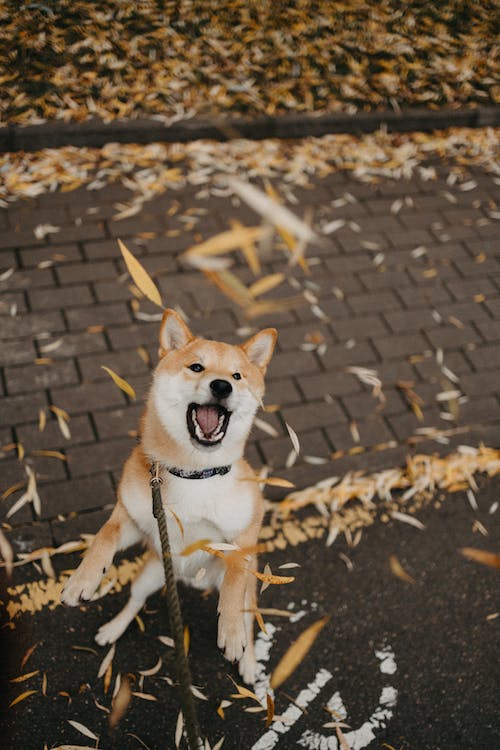
Curb Pushy Paw Demands
Repeated pawing and nudging you for attention is a common rude behavior dogs default to out of boredom or frustration. Stop the pawing with:
Ignore it – Never give in to pawing demands. Completely disregard the pushy pawing but reward your dog the instant they stop nudging you and offer eye contact or sit politely.
Redirect – Immediately ask for a different behavior when the pawing starts. Simple obedience cues refocus their energy constructively.
Provide an outlet– Give your demanding dog an item to hold to occupy their paws during cuddle time like a stuffed Kong or chew toy.
Limit rewards following pawing – Avoid petting or rewarding your dog for 1-2 minutes after pawing to teach it causes the opposite of their goal.
Reward patience – Wait to initiate affection until your dog has been resting patiently without nudging. This reinforces calmness commands your attention.
Use paw targets – Train your dog to touch cue targets with their paw which allows them an acceptable “nudging” outlet for that instinct.
Whether due to boredom, seeking play, or simply habit, pawing is easily curtailed with clear and consistent non-reward of the behavior. Your pooch will think twice when pushiness only elicits timeouts.
Conclusion
While puppies may get away with rude behaviors like jumping, begging, and pawing, a mature polite pooch is welcome anywhere. With committed training using redirection, rewards for preferred behavior, and withdrawing attention for poor manners, dogs of any age can master etiquette to make you proud. Prioritize the behaviors that matter most to refine your furry friend into a companion both people and dogs welcome joyfully.

